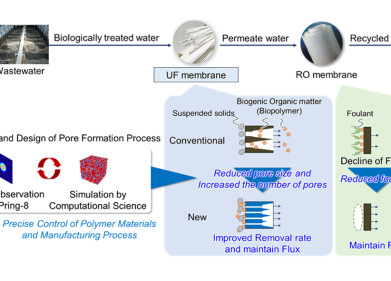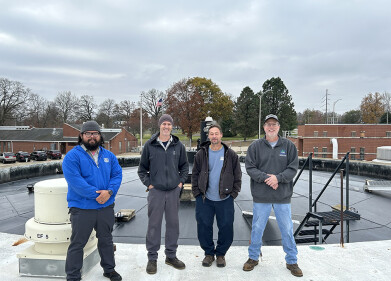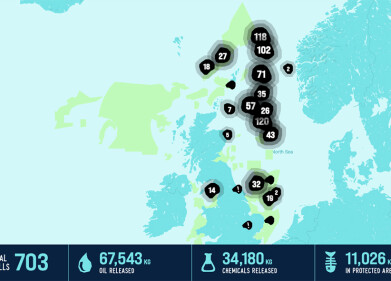Water/Wastewater
Why Is DEFRA Facing Court Action?
Mar 19 2021
The Department of Environment, Food and Rural Affairs (DEFRA) is being taken to court again over allegations that it has not prevented the ongoing pollution of Britain’s rivers, streams and waterways. The case was initially lodged against DEFRA in 2015 by three joint claimants – the World Wildlife Federation (WWF), the Angling Trust and Fish Legal – over its failure to tackle endemic water pollution across the country.
Now, more than five years after a court order found in favour of the claimants and ruled that DEFRA must take action to prevent such contamination, the legal action has been resurrected. That’s because despite having tools available to curb pollution and sustainable solutions for the removal of contaminants from the water for over a decade, the government has neglected to employ them, according to the same trio of claimants.
Fish in fraught straits
The challenge comes shortly after the publication of the WWF’s latest report on the global state of fish populations, which revealed that freshwater fish are at the sharp end of the biodiversity crisis. In the last half a century, mega-fish populations have plummeted by a staggering 96%, while migratory numbers have also fallen significantly by over three-quarters (76%).
The UK’s fish populations are not exempt from that catastrophic state of affairs, with burbot and sturgeon having disappeared from domestic rivers entirely. Meanwhile, salmon populations have also crashed in the last 60 years as well, with much of the blame thought to reside with the poor quality of British rivers. At the last assessment, a pitiful 14.6% of England’s rivers received Good Ecological Status, according to the WWF.
DEFRA at fault
It’s thought that much of the pollution is caused by agricultural run-off, which contains an excess of nitrates, phosphorous and other nutrients, thus disrupting the delicate ecosystems in our waterways. The same impact is experienced when wastewater which has not been adequately treated is allowed to seep into water channels.
Of course, the best way to clean up flooded rivers, lakes and reservoirs is to prevent the pollution from happening in the first place. But despite having recourse to “water protection zones” as a preventative measure since 2009, DEFRA has not acted according to its obligations. It’s for that reason that the court case has been lodged once more.
A litany of litigation
Facing down legal battles is becoming something of a habit for DEFRA. Aside from the ongoing wrangle over water pollution, the government has also been successfully sued by environmental law firm ClientEarth three times over its failure to improve air quality in many of the country’s urban metropoles. Levels of contaminants like nitrogen dioxide (NO2) regularly exceed the legal threshold, landing DEFRA in hot water on multiple occasions.
“Freshwater habitats are some of the most vibrant on earth, but they are in catastrophic decline right around the world. Nature is in freefall and the UK is no exception,” said Tanya Steele, CEO of the WWF. “It’s regrettable that it takes a legal challenge to persuade Defra to clean up our rivers and restore our freshwater habitats to good health. Ministers have had the power to do this for over a decade; it’s imperative they act now and resource this activity accordingly – England’s vulnerable nature and wildlife cannot afford to wait any longer.”
Events
Apr 08 2025 Targi Kielce, Poland
Apr 08 2025 Bahrain
Apr 10 2025 Beijing, China
Apr 10 2025 Beijing, China
Apr 15 2025 Moscow, Russia














